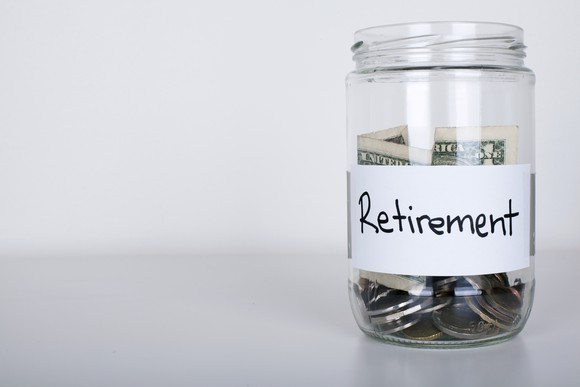
Are you getting close to retirement? If so, you're probably excited about leaving the workforce behind and starting the next chapter of your life. Planning for your retirement can help you make sure that this new era is exactly what you're hoping it will be. Good retirement planning includes considering tax issues and deciding when to begin receiving your pension. Here's a quick review of what you need to know about planning your taxes for retirement.
Receiving Pension Funds
You can avoid a major tax complication by knowing when to begin receiving your pension distribution. The exact age requirement for each plan varies, depending on the specific account type. For example, if you belong to a traditional 401(k) plan, then you'll need to be at least age 55 in order to withdraw the funds and not incur an early distribution penalty. If you have an IRA, this age requirement is increased to 59.5.
On the other hand, if you don't need your retirement funds right away or if you intend to continue working into your 60s, you'll also need to know just how long you can keep your funds in the account. In general, you can leave the funds in the retirement account until you reach the age that your employer defines as "retirement age." Typically, this is age 65, but it may be as high as 70.5.
Pension Distributions and Taxes
Once you determine when you want to begin receiving your pension benefits, you'll need to consider the effect they'll have on your tax liability. Again, this varies according to the kind of retirement plan you have. When you contribute to a traditional 401(k), the portion you contribute is exempt from federal taxes. While this gives you a small tax benefit at the time of contribution, it does mean that you'll have to pay income tax on the same income when you withdraw it during retirement.
If you've been contributing to a Roth IRA, though, then your tax situation is reversed. Roth IRA contributions are taxed at the time of deposit, which means that they are tax-free at the time of withdrawal. Another benefit of Roth IRA plans is that you don't have to remove the funds by a certain age. Rather, you can leave the funds in the account indefinitely, even after your death. If your heirs receive the account as an inheritance, they can also withdraw the funds tax-free.
Retirement and taxes can be very tricky. Planning for how your retirement funds will affect your tax bill can save you lots of stress at tax time.




